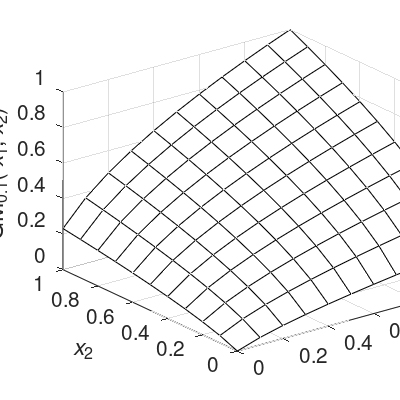On a mathematical theory of sustainability assessment

All claims expressed in this article are solely those of the authors and do not necessarily represent those of their affiliated organizations, or those of the publisher, the editors and the reviewers. Any product that may be evaluated in this article or claim that may be made by its manufacturer is not guaranteed or endorsed by the publisher.
We compile a number of postulates to be satisfied by a function that mathematically assesses sustainability of some type: national, urban, energy, etc. These postulates lay the mathematical foundations of a sustainability theory and lead to a simple model based on shifted geometric means combining basic sustainability indicators into an overall index. The model has a number of desirable properties and generalizes the weighted arithmetic and weighted geometric means, which are commonly used aggregation functions in sustainability assessments. Numerical results demonstrate the closeness of the model to other established techniques of sustainability.
How to Cite

This work is licensed under a Creative Commons Attribution-NonCommercial 4.0 International License.
Copyright (c) 2023 The Author(s)
PAGEPress has chosen to apply the Creative Commons Attribution NonCommercial 4.0 International License (CC BY-NC 4.0) to all manuscripts to be published.

 https://doi.org/10.4081/peasa.13
https://doi.org/10.4081/peasa.13



